Why did Generation Z take to the streets in Nepal and how did they overthrow the prime minister?

Thousands of activists, who identified themselves as Generation Z, took to the streets with banners and marched through the capital, Kathmandu. The protests quickly turned violent and led to deaths.
At least 22 people were killed and more than 100 injured in clashes with police.
Nepal's Chief of Army Staff warned that "all security institutions, including the army, are determined to seize control" if the unrest continues.
So why did Generation Z take to the streets in Nepal? BBC News Nepali's South Asia correspondent, Iftikhar Khan, compiled the report.
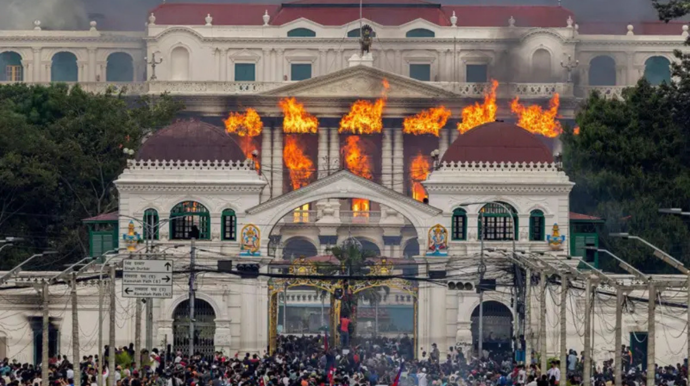
Human rights organisation Amnesty International called for a "thorough, independent and impartial investigation" into the deaths.
Amnesty International said live ammunition was used against the protesters, while doctors speaking to BBC News Nepali said the protesters had live ammunition wounds.
Security forces used tear gas and water cannons as protesters tried to break into the parliament building and other government buildings.
Protesters also attacked and looted the homes of several prominent politicians, including those of Oli and former prime minister Sher Bahadur Deuba. Political party headquarters were also targeted.
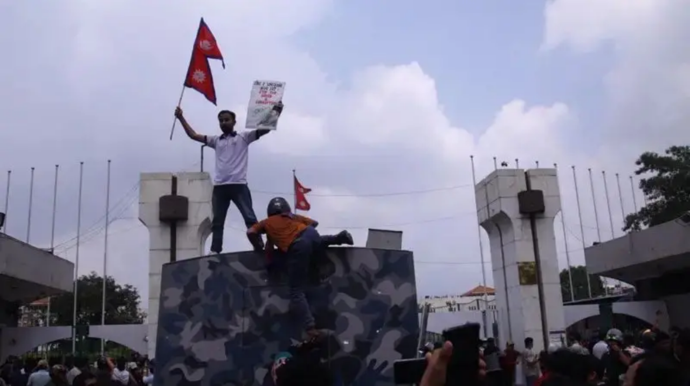
Last Thursday, the Nepalese government began blocking access to 26 social media platforms for not complying with the rules they had set.
Nepal's Ministry of Communications and Information had previously given social media companies a deadline to register.
The banned platforms included WhatsApp, Facebook, Instagram and YouTube. Following the deaths in the protests on Monday, the cabinet convened and announced the lifting of the social media ban overnight.
The government has argued that social media platforms should be regulated to combat fake news , hate speech and online scams.
Opponents said the imposed rules gave authorities the power to monitor and remove any content deemed inappropriate or anti-government.
The block in Nepal, where 17 million people use social media platforms, has had a serious impact on businesses and communications that rely heavily on these services.
While social media blocks were the trigger for these widespread protests, there was also growing anger among the country's youth over what they saw as rising corruption and nepotism.
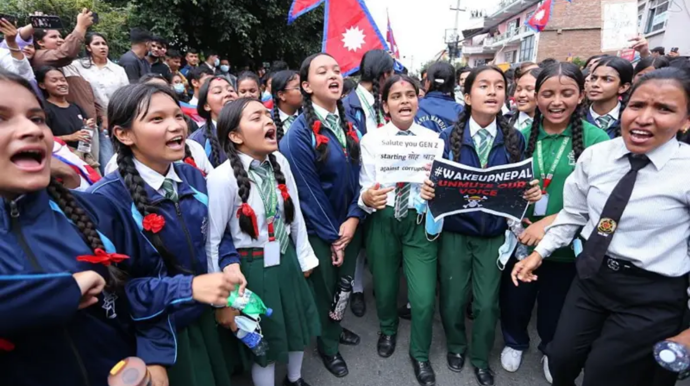
The protests are unlike anything seen in the country before. They were sparked by social media and are being led by young people.
The activists identify as Generation Z (born between 1997 and 2012). While there is no central leadership directing the protests, a number of youth collectives have emerged as a driving force. These groups are issuing online calls for action and updates.
A call was made to college and university students in Nepal's largest cities, the capital Kathmandu, Pokhara and Itahari, to participate in the protests.
Footage circulating on social media shows students taking part in marches.
Organizers of the demonstrations are encouraging protesting students to wear their uniforms and carry their books.
What are the demands of the activists?"We want to see corruption end in Nepal," 19-year-old Binu KC told BBC News Nepali. "Leaders make promises during election time and never keep them. They are the cause of so many problems."
Binu KC also said the social media ban hindered his education, restricting his access to online courses and study resources.
Social media content creator Subhana Budhathoki also said, "Generation Z will not stop. This protest is more than just social media. They want to silence our voices, and we will not allow it."
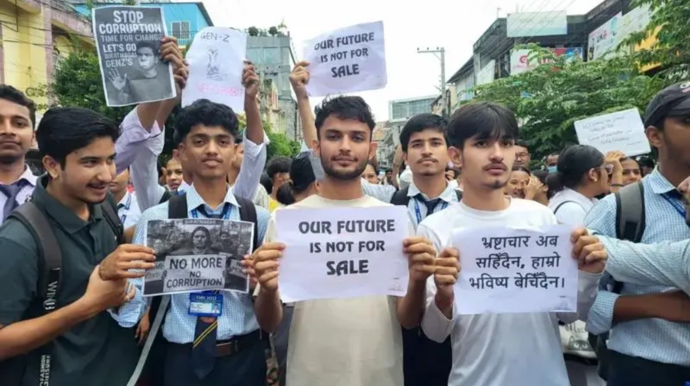
In Kathmandu, many protesters are carrying banners and chanting slogans demanding change.
They have two clear demands: the government lifts the social media ban and officials put an end to corruption.
Many student activists link the social media block to violations of freedom of expression and allegations of widespread corruption among politicians.
What does the "Nepo babies" tag have to do with the protests?One of the major themes in the protests was the use of two social media hashtags: "Nepo baby" and "Nepo kids."
"Nepo" is short for nepotism and refers to claims that elites prioritize their own family interests.
The hashtag has become popular in the past few weeks after videos of politicians and their families living lavishly went viral on social media.
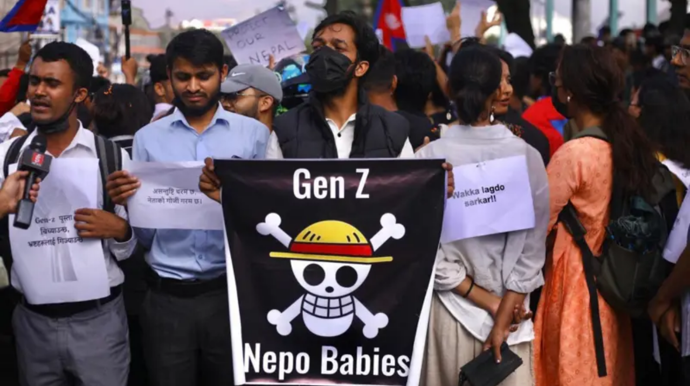
Activists argue that these individuals are living in success and luxury without merit, while ordinary people struggle to make ends meet.
Images circulating on TikTok and Instagram of politicians' families wearing designer clothes, traveling abroad and driving luxury cars contrast with the experiences of young people, many of whom face hardships such as unemployment and forced migration.
These slogans also became a symbol of anger against inequality.
What's happening in Parliament and across Nepal?In Kathmandu, some protesters breached the protective walls surrounding the parliament building and entered the building. Buildings within the federal parliament complex were also seen being looted and set on fire.
Nepal's Communications Minister Prithvi Subba said police were forced to use force. There were reports of protesters being killed and injured as security forces tried to restore order.
Doctors said the injured suffered both live and rubber bullet injuries. Several police officers were also reported injured. A curfew was declared around major public buildings and security measures were tightened.
There were also reports of violence from other cities, where protesters clashed with police.
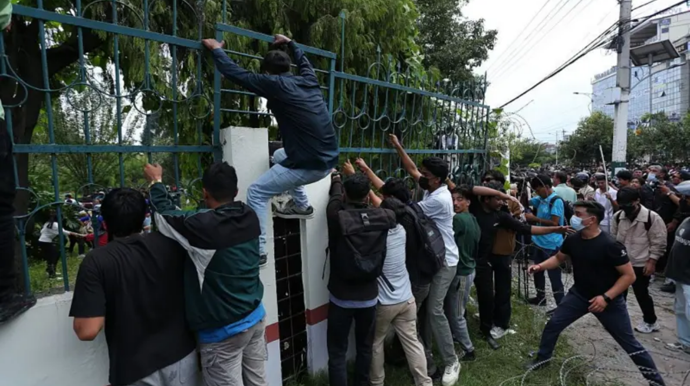
Two protesters were reportedly killed by police fire in the eastern city of Itahari.
While reports of clashes came from the city of Dharan, a curfew was also declared in other parts of the country.
What could happen next?Protesters led by Generation Z show no signs of backing down, and the movement is gaining momentum both online and in the streets.
With the prime minister's resignation, protesters have achieved one of their goals, but experts warn that without meaningful engagement with young people, the protests could escalate further.
It is not yet known who will replace the resigning prime minister.
ekonomim





